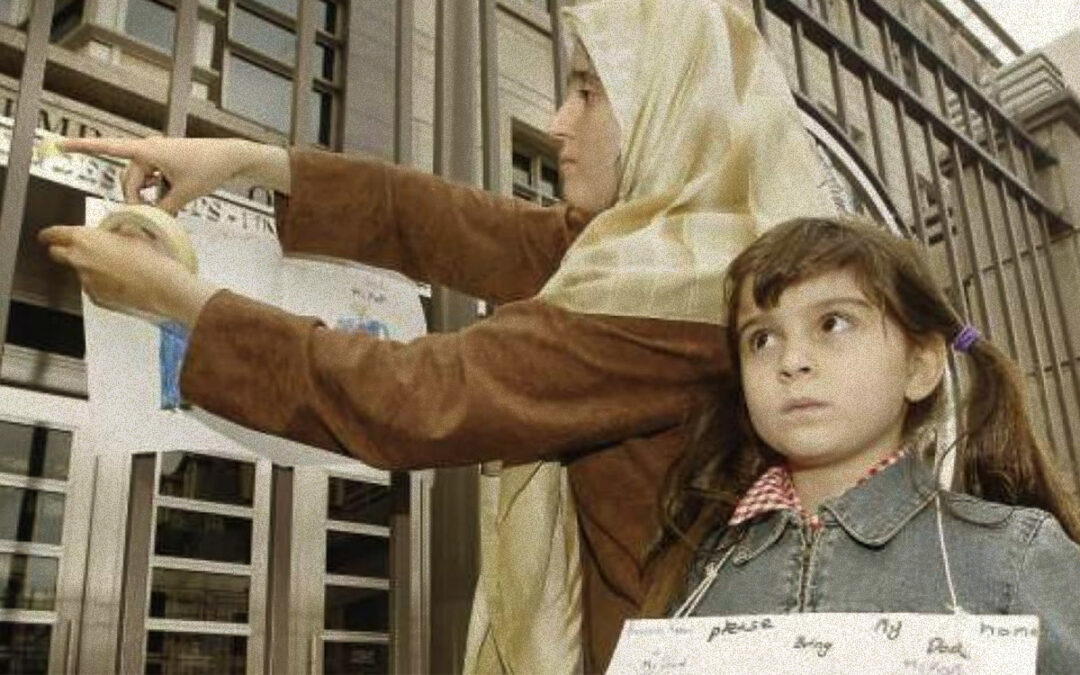By Victoria Fenner (visit rabble.com to listen to Monia Mazigh and Barâa Arar’s podcast.)
“Being a person of colour, being a Muslim woman who wears the hijab, or being anyone who identifies publicly with a minority group, that identity becomes politicized by others whether you like it or not.”
—Barâa Arar
Monia Mazigh is best known for her work securing the release of her husband Maher Arar, apprehended at John F. Kennedy Airport in New York in 2002 and sent to a Syrian prison on the unfounded charge of terrorism. A dual citizen (Syrian and Canadian), Arar had resided in Canada since 1987. He was released in 2003, over a year after his removal to Syria and all charges were dropped. In restitution, he was awarded $10.5 million in compensation for his suffering by the Canadian government.
She has written that story in her first book, Hope and Despair: My Struggle to Free My Husband, Maher Arar, published in 2008. She has now published two novels and has edited a third (written in French) while writer-in- residence at Historic Joy Kogawa House this summer. She is a human rights advocate who Monia writes on national security and women in Islam on her website.
In today’s podcast, she will read from her second novel, Hope Has Two Daughters.
Her daughter, spoken-word artist Barâa Arar, joins her to share stories and poems that consider the reciprocal and inextricable relationship between our narratives and our lived experiences.
Barâa is a humanities student at Carleton University, with a focus on art, politics, and resistance. She is a community organizer, writer, and the co-host of a podcast called The Watering Hole.
This recording was done at the Joy Kogawa House in Vancouver on September 5, 2018. It was recorded by Tania Ehret for rabble.

